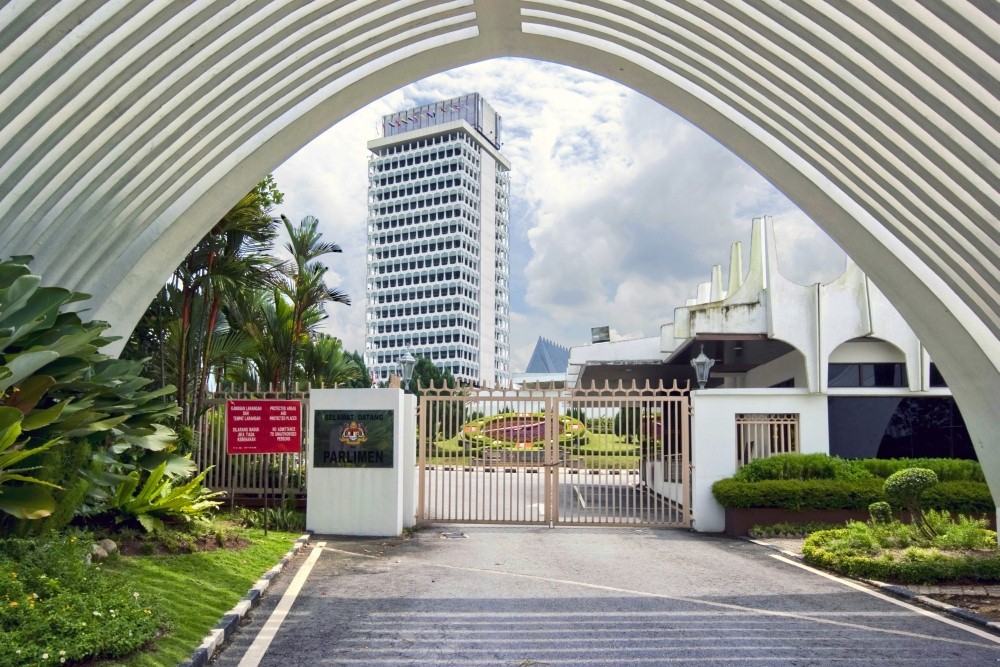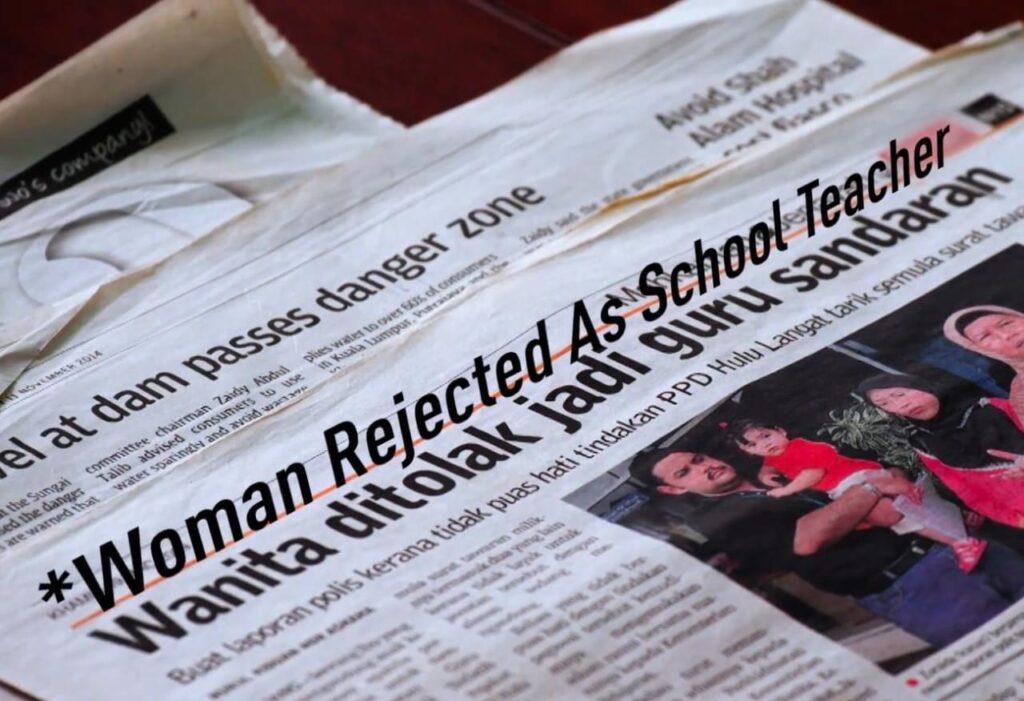
Report on cyberharassment and other harmful behaviours: The law reform process – PeopleACT
The PeopleACT published its Issues Paper on cyberharassment, cyber violence, and other harmful cyber behaviour on 8 April 2017, which served as a consultation document to obtain views and opinions from stakeholders on whether current laws in Malaysia are sufficient to tackle the problem of cyberharassment and other harmful cyber behaviour.
Five issues were outlined in the Issues Paper, namely:
- Issue 1: Whether the current provisions in the Communications and Multimedia Act 1998 should be amended to specifically address cyber-harassment and other forms of harmful cyber behaviour;
- Issue 2: Whether the current law is sufficient to address online sexual harassment;
- Issue 3: Whether current laws prohibiting obscene publications is sufficient to tackle cyberharassment and other harmful cyber behaviour;
- Issue 4: Whether current penal law adequately addresses threats of death and threats of rape and other abusive communications made using cyber technology;
- Issue 5: Whether the current law is sufficient to deal with the offence of using cyber technology to seriously interfere with another’s privacy.
Between April and December 2017, PeopleACT organised seven public consultations[1] where the PeopleACT discussed the content of the Issues Paper with civil society organisations, telecommunications companies, Internet service providers, government agencies including the Malaysia Communications and Multimedia Commission (MCMC), the Human Rights Commission of Malaysia (SUHAKAM), the Malaysian Bar, members of parliament (MPs), academicians, and legal practitioners.
The PeopleACT also contacted all 222 MPs, two state assembly persons, 24 civil society organisations, eight government agencies, seven media organisations, two statutory bodies, three telecommunication companies, 13 academicians, and 16 individuals, inviting them to submit their comments on the Issues Paper. The PeopleACT received submissions from six organizations.
Through the public consultation as well as direct submissions, the People ACT received many valuable comments and submissions and the PeopleACT is grateful for the contribution.
Based on the comments and submissions received as well as taking cognisance of the need to tackle this problem, the PeopleACT is proposing that cyberharassment is dealt with through legislation and an awareness raising campaign. The latter has been carried out by the PeopleACT since April 2017. As regards the former, this report, which includes draft legislation, is meant to assist the government and other stakeholders, by providing a legal framework, which could afford legal protection and remedies to survivors of cyberharassment and other harmful cyber behaviour in Malaysia. It is highlighted that the proposed draft legislation does not prescribe the type of punishment or the length of punishment. The PeopleACT has intentionally omitted this as it does not possess the expertise in this area and further work would need to be done on the detailed type and length of punishment.
The PeopleACT would like to reiterate its commitment to freedom of expression in accordance with international human rights standards i.e. that freedom of expression is the general rule. As it is not an absolute right, restrictions are permissible so far as it is provided by law (and interpreted narrowly); proportionate; and are necessary for the respect of the rights and reputations of others, or for the protection of national security, or public order, or public health or morals.
As specified in the Issues Paper, a number of laws are unsuitable (and therefore not considered) to be used to tackle cyberharassment and the like, as these laws, at its essence, unnecessarily restrict freedom of expression in Malaysia and could create additional barriers to freedom of expression in Malaysia:
Firstly, criminal defamation set out in section 499 of the Penal Code. The PeopleACT is of the opinion that to couch defamation within the realm of criminal law, which attracts imprisonment and heavy fines, is disproportionate and is not a permissible restriction to freedom of expression. The United Nations Special Rapporteur on Freedom of Expression has continued its call for governments to repeal criminal defamation laws.[2]
Secondly, the Sedition Act 1948 is unsuitable to be used to tackle the problem of cyberharassment as there is a lack of clarity with regard to fundamentals of the said legislation; this has the potential to leave a negative effect on freedom of expression in Malaysia. In addition, with Malaysia’s commitment to the Human Rights Council to address concerns regarding the Sedition Act 1948,[3] the PeopleACT feels that a separate exercise is required to deal with the Sedition Act 1948 to ensure the balance between freedom of expression and restrictions.
Finally, section 298A of the Penal Code, which makes it an offence for any person who “by words, either spoken or written, or by signs, or by visible representations, or by any act, activity or conduct, or by organizing, promoting or arranging, or assisting in organizing, promoting or arranging, any activity, or otherwise in any other manner (a) causes, or attempts to cause, or is likely to cause disharmony, disunity, or feelings of enmity, hatred or ill will; or (b) prejudices, or attempts to prejudice, or is likely to prejudice, the maintenance of harmony or unity, on grounds of religion, between persons or groups of persons professing the same or different religions”. For this provision, the PeopleACT would like to highlight that in the case of Mamat Daud & Ors v The Government of Malaysia,[4] the Supreme Court held that section 298A of the Penal Code is invalid and null and void. This was affirmed by the Court of Appeal in the case of Tan Jye Yee & Anor v PP.[5]
In conclusion, the PeopleACT would like to point out that cyberharassment and other harmful cyber behaviour is a growing problem in Malaysia and it is important that Malaysia acts now to tackle the problem. Since the publication of the PeopleACT’s Issues Paper, the Ministry of Communication and Multimedia recorded 1,150 complaints relating to cyberbullying, harassment, menacing actions, misuse of personal information and photos with the intention to shame or humiliate another individual between January and July 2017.[6] In addition, the same Ministry observed that there has been an increased use of the Internet by Malaysians particularly social media platforms – in 2017, there were 24.1 million Internet users in Malaysia, of which 89.3 per cent used social media platforms and 15.5 per cent were below the age of 19 years.[7]
[1] 30 May 2017; 14 July 2017; 22 July 2017; 25 July 2017; 8 August 2017; 12 August 2017; and 4 September 2017.
[2] Report of the Special Rapporteur on the promotion and protection of the right to freedom of opinion and expression, Frank La Rue, 4 June 2012, A/HRC/20/17, Human Rights Council, Twentieth session, <https://documents-dds-ny.un.org/doc/UNDOC/GEN/G12/137/87/PDF/G1213787.pdf?OpenElement> accessed 28 March 2017.
[3] UN Press Release, ‘Malaysia Sedition Act threatens freedom of expression by criminalising dissent’, 8 October 2014, <http://www.ohchr.org/EN/NewsEvents/Pages/DisplayNews.aspx?NewsID=15144#sthash.ZRjfUJs1.dpuf> accessed 28 March 2017.
[4] [1988] 1 CLJ 11.
[5] [2015] 2 CLJ 745.
[6] Pemberitahuan Pertanyaan Dewan Rakyat, Soalan No. 384.
[7] Dewan Negara, Parliament Ketiga Belas, Penggal Lima, Mesyuarat Ketiga, 7 December 2017, DN 7.12.2017.

Human rights library
Curated by the MCCHR team, this special library houses books, reports, and other monographs related to human rights and democracy in Malaysia. Our collections cover an extensive range of humanities and social science topics, including law, history, philosophy, politics, economics, and more.
Registered users can borrow from over 1,300 titles in the general collection or access law reports and other resources in the legal reference collection on-site. Students and researchers can access e-books, journal articles, and other electronic resources on human rights via the digital archive.
For assistance, email [email protected].






Bulletin
Subscribe to our email newsletter to receive the latest news and updates from the MCCHR team directly in your inbox.
for Constitutionalism
and Human Rights